The old adage goes ‘if you’ve got nothing to hide, you have nothing to fear’, but a detailed analysis of the human rights cost of the fast-expanding security state in Europe suggests otherwise.
Amnesty International’s research richly documents the disturbing “Orwellian” trend sweeping across Europe, where states’ growing unchecked powers to tackle terrorism are trampling freedoms.
The boundaries between the powers of the state and the rights of individuals are being redrawn and Europe’s human rights framework, which was so carefully constructed after the Second World War, is being rapidly dismantled.
A disturbing picture is emerging in which unchecked powers are trampling freedoms we have long taken for granted.
John Dalhuisen, Amnesty International’s Europe Director
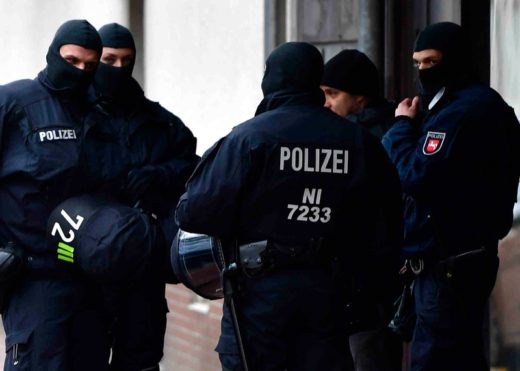
The new normal
Amid a series of attacks in Europe in the last two years, governments have rejected the view that they should provide security so people can enjoy their rights, and adopted the view that they must restrict rights to provide security.
Many countries have made it easier to invoke and extend states of emergency and other emergency measures; what should be exceptional and temporary powers have increasingly become permanently embedded in ordinary criminal law.
Overly broad definitions of terrorism are a big part of the problem. Because there is no universally agreed definition, states and international bodies have created their own. But in that process, definitions of terrorism have become increasingly vague, so that they can be arbitrarily applied, meaning law-abiding citizens can be subjected to unwarranted surveillance, administrative orders which restrict their liberties, intrusive searches and worse.
READ THE REPORT

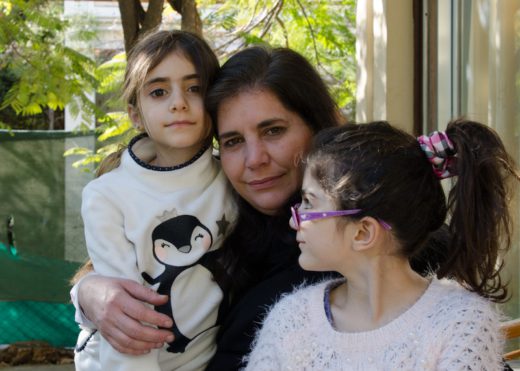
Ahmed’s story
In November 2016 Ahmed H, a resident of Cyprus, was jailed for 10 years in Hungary for an alleged “act of terror”, after holding a megaphone during a protest at a border crossing. He had gone to help his family flee Syria to safety.
Our children miss him so much. Ahmed is such a good father and such a good husband. He is not a terrorist.
Nadia, Ahmed’s wife
He admitted throwing stones at police in the disturbance that followed officers’ excessive use of force. News footage shows Ahmed using the megaphone to call on both the refugees and the police to remain calm.
“This verdict is based on a blatant misuse of terrorism provisions and reflects a disturbing confluence of two dangerous trends: the misuse of terrorism-related offenses and the appalling treatment of refugees and migrants.”
Gauri Van Gulik, Amnesty International
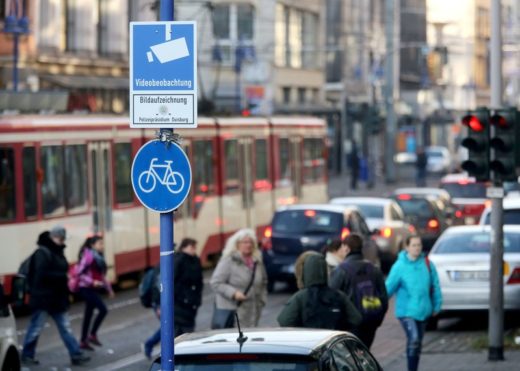
Surveillance states
Many EU countries have joined the ranks of “surveillance states”, adopting new laws allowing indiscriminate mass surveillance that grant intrusive powers to security and intelligence services.
Mass surveillance powers have been granted or otherwise expanded in the UK, France, Germany, Poland, Hungary, Austria, Belgium the Netherlands, among others. Such powers permit the mass interception of – and possible access to – data of millions of people.
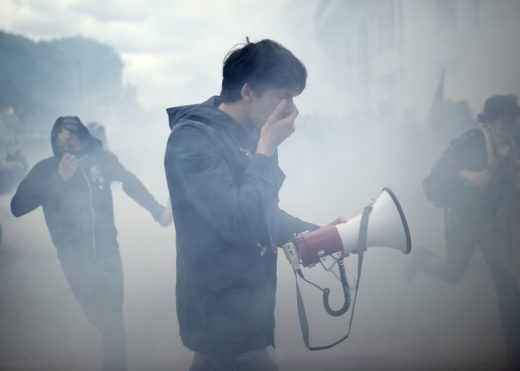
A chilling effect on freedom of expression
Some governments have used the threat of terrorism to target people legally exercising their rights to freedom of expression, association and assembly.
In Spain, two puppeteers were arrested after a performance during which a puppet held a banner with a slogan which was deemed to be “glorifying terrorism”.
In France a similar offence – “apology of terrorism” – has been used to charge hundreds of people, including children, for ‘offences’ such as posting comments on Facebook.
The Spanish Puppeteers
In Spain, two puppeteers were arrested after a performance in which a puppet held a banner with a slogan which was deemed to be in support of the Basque armed group ETA.
Alfonso Lázaro de la Fuente and Raúl García Pérez were performing at a public event in Madrid.
They faced charges of “glorifying terrorism”, which carry up to four years in prison. After many months these were eventually dropped after they were challenged in court. But they continued to face charges of “incitement to hatred or violence” until January 2017, when a local court in Madrid ordered that that charge should be dropped too.
After their release in February 2016, they were prohibited from leaving the country and had to report daily to a court or police station.
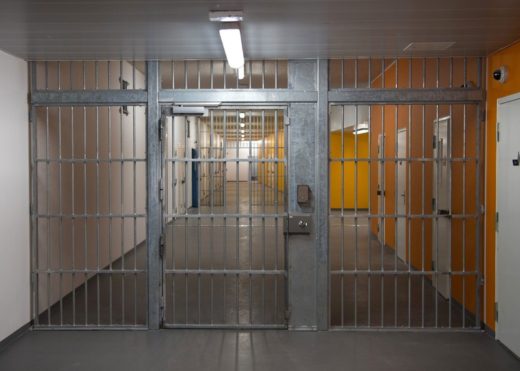
Innocent until proven guilty?
In a modern twist on the Orwellian ‘thought crime’, some people can be charged with otherwise-lawful activity simply because the authorities believe they will engage in criminal activity in the future. New laws criminalize so-called preparatory acts, including things like travelling to certain places, or even more remotely, preparing to travel.
Governments in Europe have also invested in “pre-crime” initiatives and become increasingly reliant on administrative orders or measures which restrict people’s freedom of movement and other rights. This has led to many people being punished without having committed any crime, undermining the presumption of innocence, a basic principle of criminal law.
In these cases information is usually kept secret, meaning that people subjected to these restrictive measures are not even able to adequately defend themselves. Some countries have passed new laws, allowing them to detain terrorism suspects for extended periods without charge. In many cases, charges are never laid.
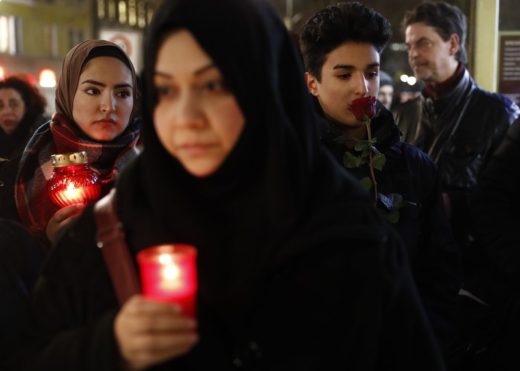
Discrimination
Migrants and refugees, human rights defenders, activists and minority groups have been particularly targeted by new counter-terrorism measures.
Certain demographics, particularly Muslims and foreigners or those perceived as such, are often stereotyped and perceived as being more inclined towards “radicalization”, “extremism” or criminality and are profiled and targeted in an outright misuse of laws that define terrorism very loosely.
Discriminatory action by the state and its agents is increasingly seen as “acceptable” in the national security context. It is not.
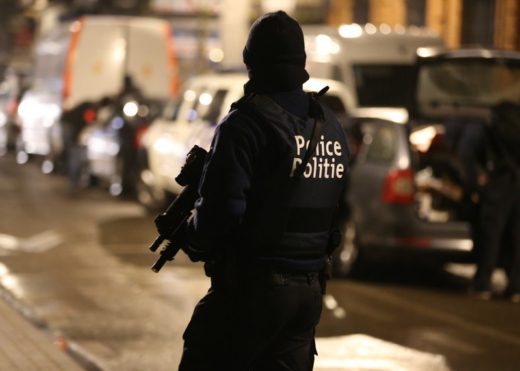
This affects us all
Under our noses, a “hyper-securitized” Europe is being created; a Europe where fear, alienation and prejudice are steadily chipping away at the values of fairness, equality and non-discrimination, the very values on which the EU was founded.
European governments must urgently renew their commitment to upholding international human rights obligations while countering terrorism. The steady regression in so many aspects of rights protection in Europe must end.
Unless we act, we risk our rights becoming victims of dangerously disproportionate powers that are supposed to protect us.

